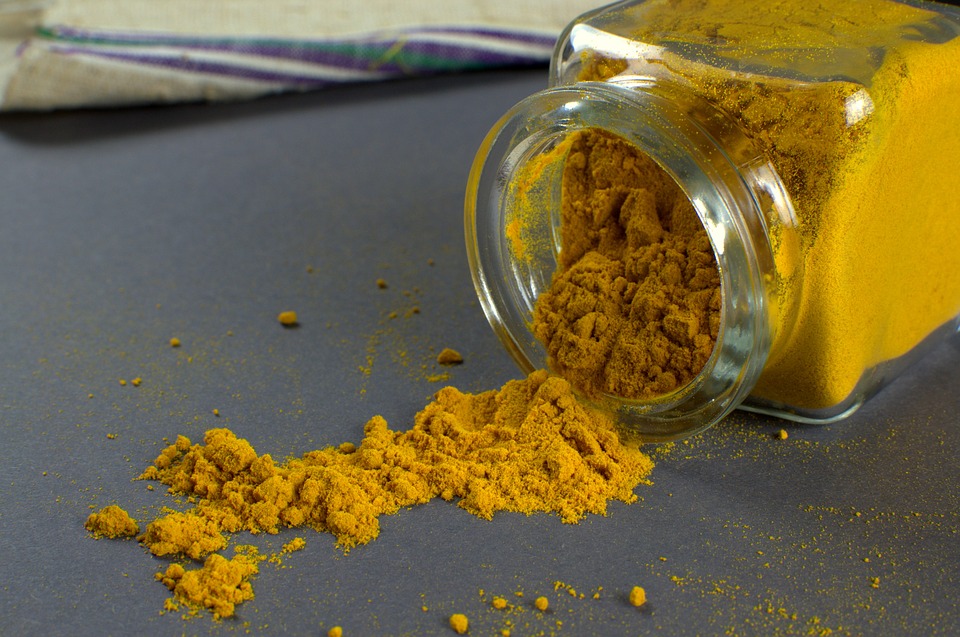Lovers of Indian food, give yourselves a second helping: Daily consumption of a certain form of curcumin the substance that gives Indian curry its bright color improved memory and mood in people with mild, age-related memory loss, according to the results of a study conducted by UCLA researchers.
The research, published online Jan. 19 in the American Journal of Geriatric Psychiatry, examined the effects of an easily absorbed curcumin supplement on memory performance in people without dementia, as well as curcumin's potential impact on the microscopic plaques and tangles in the brains of people with Alzheimer's disease.
The double-blind, placebo-controlled study involved 40 adults between the ages of 50 and 90 years who had mild memory complaints. Participants were randomly assigned to receive either a placebo or 90 milligrams of curcumin twice daily for 18 months.
All 40 subjects received standardized cognitive assessments at the start of the study and at six-month intervals, and monitoring of curcumin levels in their blood at the start of the study and after 18 months. Thirty of the volunteers underwent positron emission tomography, or PET scans, to determine the levels of amyloid and tau in their brains at the start of the study and after 18 months.
The people who took curcumin experienced significant improvements in their memory and attention abilities, while the subjects who received placebo did not, Small said. In memory tests, the people taking curcumin improved by 28 percent over the 18 months. Those taking curcumin also had mild improvements in mood, and their brain PET scans showed significantly less amyloid and tau signals in the amygdala and hypothalamus than those who took placebos.
The amygdala and hypothalamus are regions of the brain that control several memory and emotional functions.
Four people taking curcumin, and two taking placebos, experienced mild side effects such as abdominal pain and nausea.
